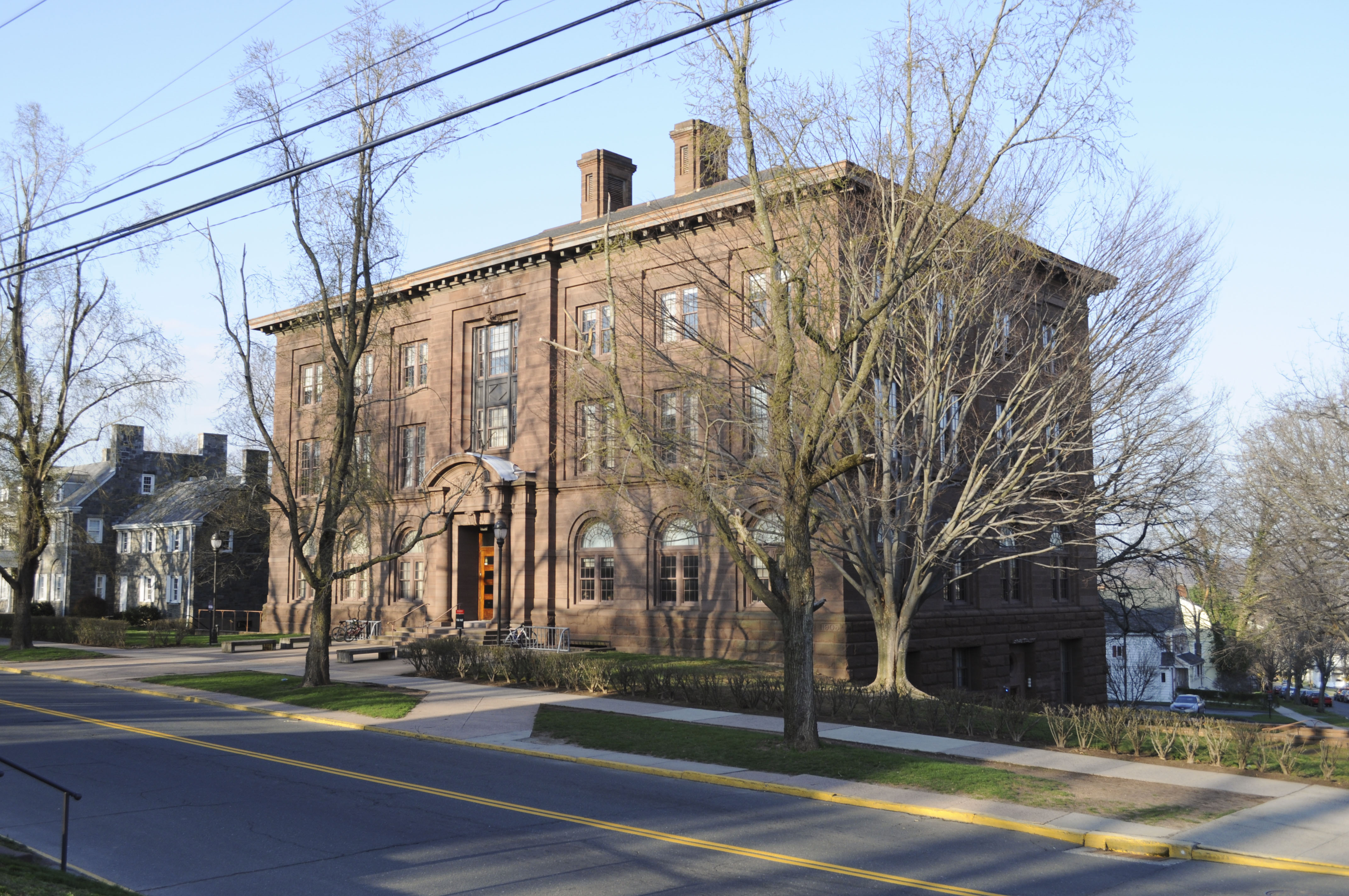
c/o commons.wikimedia.org
To study abroad or not to study abroad? This dilemma, practically universal among liberal arts students, presents more complications for some than others. Along with the notions of excitement and romance that come with living in foreign country, so too come financial woes. Students looking to study abroad are forced to ask themselves: can I afford it? Thankfully, the University ensures its students that the answer to this sobering question is invariably, ‘yes.’
“I feel like it’s a very egalitarian approach here at Wesleyan,” said Emily Gorlewski, Associate Director of Study Abroad. “Since financial aid is able to be applied towards study abroad and since there is so much institutional financial aid, it really means that any student should be able to study abroad.”
When University students study abroad, they pay the same tuition that they would pay if they were on campus. This is true whether these students pay full tuition or are on financial aid.
“They pay Wesleyan tuition,” Gorlewski explained. “[This] enables them to then transfer the credit and grades back from their study abroad experience to here so it appears on their Wesleyan transcript. But [they] don’t pay the residential comprehensive fee, they pay the actual cost of whatever their program is charging for their room and their board.”
The Office of Financial Aid also compensates for additional expenses that students encounter when studying abroad.
“We do an estimate for all the other expenses that students are going to need on their program,” said Gorlewski. “So if the food is not covered, we estimate how much they are going to spend on food, we estimate how much they are going to spend on airline tickets, personal expenses, books and supplies, any one of a number of other expenses they might have on their study abroad program that they wouldn’t necessarily have here.”
The inclusivity of the University’s policy is reflected in its study abroad statistics. Associate Director of Financial Aid for the class of 2021 Michelle Jarvis explained that there is little disparity between the number of financial aid and non-financial aid students who choose study abroad.
“Approximately 20 percent of students are studying abroad this fall,” said Jarvis. “Over 40 percent of students studying abroad this fall are financial aid recipients, just slightly lower than the total percentage of students on financial aid.”
While the University’s study abroad policies appear reasonable for students receiving aid, students who pay full tuition sometimes take issue with the fact that they have to pay Wesleyan tuition to enroll in outside study abroad programs that may be less expensive. Gorlewski explained this home-school tuition policy, which requires students to pay University tuition when receiving credit for study abroad, is common among comparable institutions and makes the most economic sense for the University.
“It is so that the University loses less money by the students going abroad,” said Gorlewski. “It also makes it more possible for us to offer financial aid for study abroad… since we’re losing less money…we can afford to offer more aid. I have gotten pushback [for the home-school tuition policy] … Especially when it’s a parent who didn’t expect it and then they get a bill and they weren’t expecting to get a bill…they find that unpleasant… So we try to be as transparent about it as possible.”
While the home-school tuition policy may at first seem unreasonable, it effectively serves to level the study abroad playing field. As Gorlewski explained, the alternative would likely lead to a hierarchical system of study abroad, wherein students who could afford to independently pay for study abroad would do so, and students on financial aid would be forced to stay on campus.
Wesleyan seems to effectively ensure that all students are presented with the opportunity to study abroad.
“Not every school does it like this,” said Gorlewski. “But I love that [we] make it an equal opportunity.”
Sasha Cohen can be reached srcohen@wesleyan.edu.